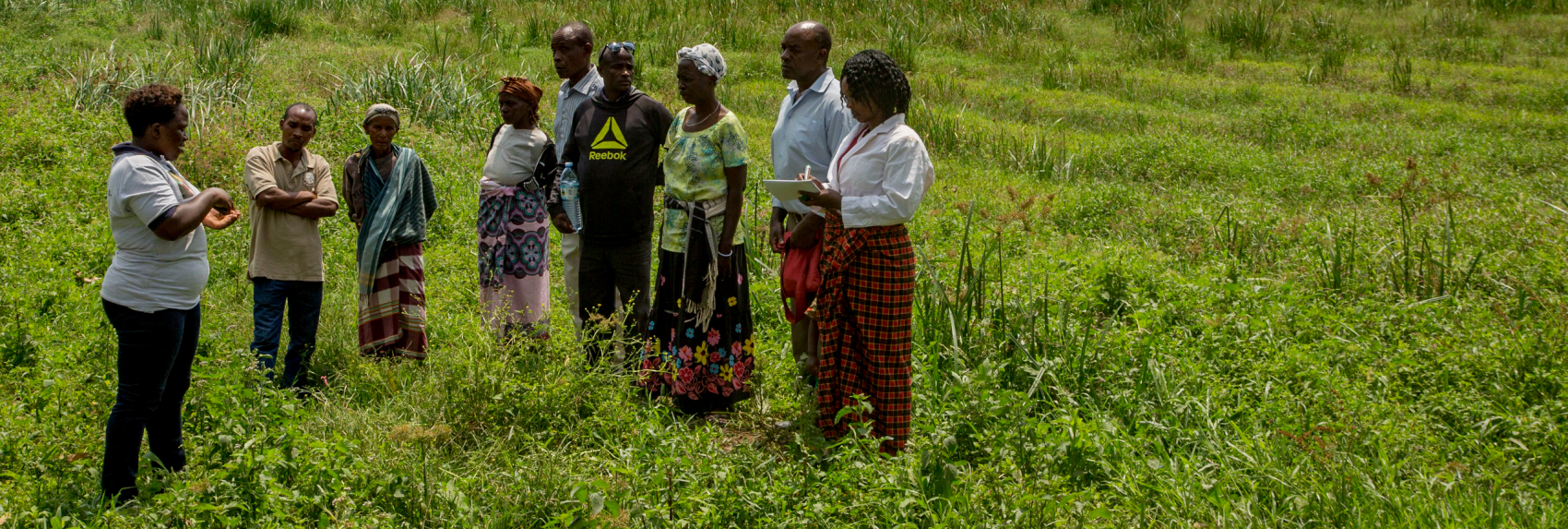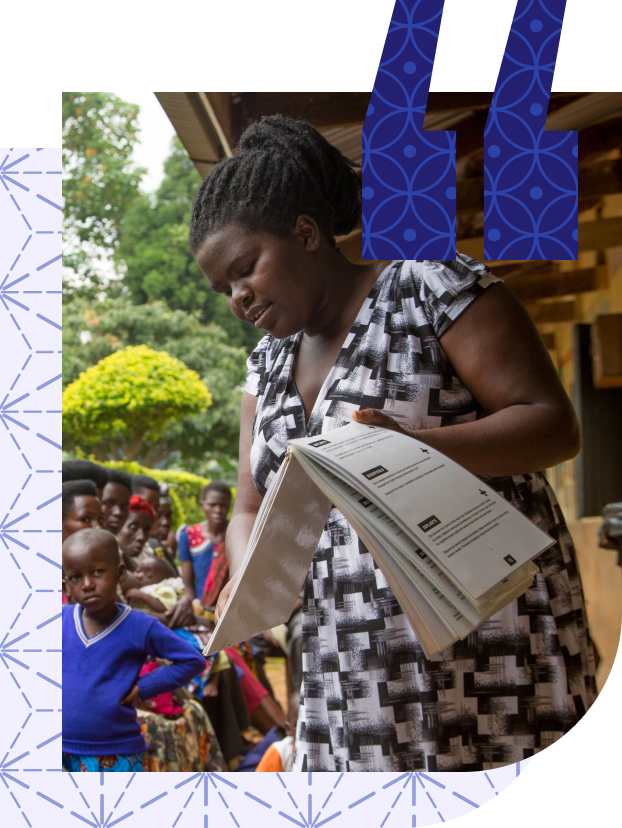

Bridging biodiversity and climate with reproductive health and rights
Margaret Pyke Trust
As told to Sara Gomez
“Prominent climate scientists are saying we need to improve access to reproductive health, and we need to improve reproductive choice, because we see that this improves the ability of individuals, families, and communities to adapt to and be more resilient to climate change, in addition to being a vital pathway to women and girls’ well-being and socio-economic empowerment.”
Margaret Pyke Trust was founded over 50 years ago in the UK and is firmly rooted in both the sexual and reproductive health and rights sector as well as the climate and biodiversity space. It partners with environmental and health organizations to improve sexual and reproductive health services and to make sure that biodiversity and climate policy support reproductive choice. This story is told through the words of Carina Hirsch, head of advocacy and policy at Margaret Pyke Trust.
“Our FP2030 commitment highlights and fits into the strategic aim of our organization to bridge the gap between the reproductive health, climate and biodiversity sectors. Part of our commitment is to use our position within global biodiversity forums, such as the IUCN [International Union for Conservation of Nature], to elevate and advocate for the importance of family planning as an important pillar in conservation and climate adaptation and resilience. We have been able to work with other IUCN member organizations also working at the intersection of health, biodiversity, and climate to formalize their own programmatic, policy, and research on these issues into FP2030 commitments and ultimately contribute to improving the lives of women and girls in remote, rural, last-mile communities.
“Our reason for this new and multisectoral approach to family planning, in particular, is because we see the direct link between voluntary, rights-based family planning and biodiversity and climate.

We know that that number [of women and girls with an unmet need for family planning] is only going to be growing as climate change becomes an even more present and a more harrowing reality in the places where we know women are on the frontlines of climate change.
Carina Hirsch
Head of Advocacy and Policy, Margaret Pyke Trust
“We’re singling out the issue of reproductive health, but actually, [the issue] is broader; it’s about delivering a broader set of primary and secondary health care services to a population that previously would not have received health care. …
“[It is] an integrated approach that is very much rooted in and based on what the communities have themselves identified as being their challenges hence the positive “goodwill effect” that is often observed with such integrated approaches; communities take ownership of a project and feel their complex needs are addressed.”
“What happens is, in these integrated program sites, community members, whether they’re attending a clinic or attending a community meeting, they are hearing messages about health, but also messages about the environment, about climate, in an integrated manner. … You are accessing cohorts of the population that you would not normally have access to.
“There are many nontraditional actors who are working together with health partners to address the interconnected challenges of rural, remote, and last-mile communities, namely on population, health, and environment (PHE) programming, policy and research. They are contributing significantly to further FP2030 goals while also helping communities improve their livelihoods as well as biodiversity and climate goals. We have worked with several already to formalize their work into an FP2030 commitment. We encourage others to do the same.”